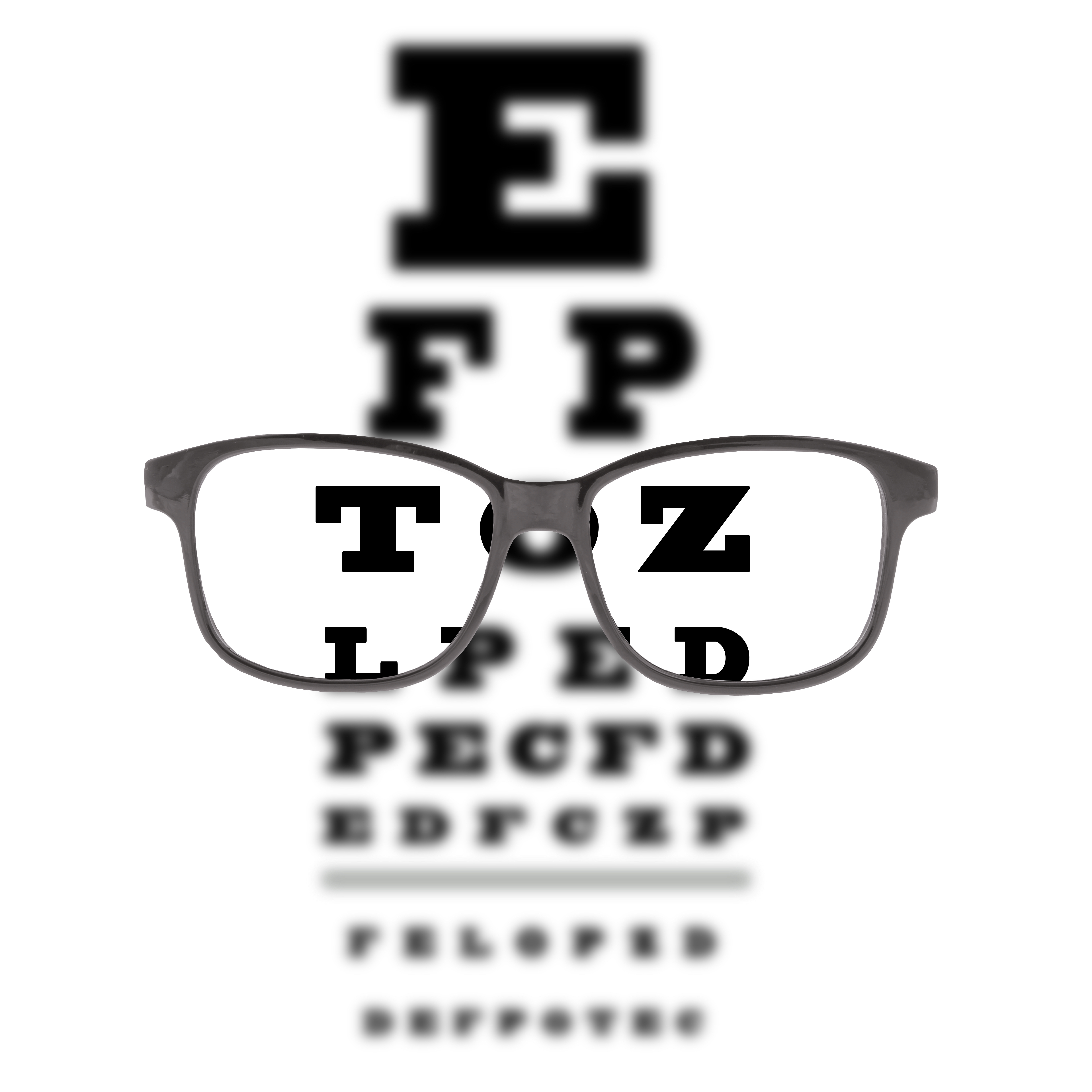Book Your Eye Exam Today!
We do not currently have an Optometrist on-site. We are seeking an Optometrist to join our Team. If you know someone who would make a great addition to Shelbourne Optical please have them contact Connie or check out the job ad online.
Our skilled Opticians are available to serve your vision needs with contact lenses and eyewear.
To book your appointment at Shelbourne Optical, please call or email us and we’d be more than happy to schedule your appointment!
(250)-598-3346
Why should you have regular eye exams?
Booking a comprehensive eye exam not only ensures good vision and eye health, but also a peace of mind. An Optometrist will perform many tasks during your routine eye exam: from updating eyeglass prescriptions and assessing the general health of your eyes, to identifying any underlying health conditions such as Type 2 diabetes, certain vascular diseases, high blood pressure, and eye or brain tumours. Regular eye exams are therefore integral to your ocular as well as overall health.
People of all ages should get regular eye exams. The recommended routine eye exam visits by age are as follows:
- Toddlers (age 1-5): Once before the child’s 1st birthday, and once between the age of 2-5 (2 visits in total)
- Youth & Students (age 6-18): Annually
- Adults (age 19-64): Bi-Annually
- Seniors (age 65+): Annually or Bi-Annually depending on underlying conditions
If you have an underlying eye or health condition that requires more attention, more frequent visits may be required. For further information regarding you and your family’s eye health, please contact our office.

Common Eye Issues & Diseases
Have you stumbled upon words like myopia, strabismus, or glaucoma in your eye exam and didn’t know what they meant? Don’t worry, we’ve all been there! Here are a few common ocular issue and disease definitions for you to know before heading into your eye examination.
Issues:
- Myopia (“Nearsightedness” – Far objects appear out of focus)
- Amblyopia (Lazy eye)
- Strabismus (Cross eye – most common in children)
- Hyperopia (“Farsightedness”- Near objects appear out of focus)
- Astigmatism (Blurred vision caused by a refractive error on the surface of your cornea)
Diseases:
- Glaucoma (Increased pressure within the eye that causes damage to the optical nerve – common for age 40+)
- Macular degeneration (Deterioration of the macula, the central part of your eye’s retina. Can be either wet or dry, and both types lead to vision loss)
- Conjunctivitis (Pink eye – Typically a reaction to an eye infection)
- Cataracts (Clouding of the lens in your eye which leads to vision loss)
- Corneal abrasion (When your cornea has been scratched by a foreign object)
Eye Health Tips
For healthy, happy eyes, make sure you are taking the best of care of your vision keepers! Eyes are the most used muscle in your body, and while certain conditions are inevitable in some patients (based on genetics and age), there are a few steps you can take to make sure you are taking care of your vision.
Basic tips include limiting prolonged screen time, eating vegetables rich in lutein and zeaxanthin (ex. spinach and carrots), regularly exercising everyday, having adequate light for work and study, keeping your eyes safe by wearing sunglasses and the right prescription eyewear, and, of course, visiting an Optometrist if you suspect there have been changes in your eyesight.
